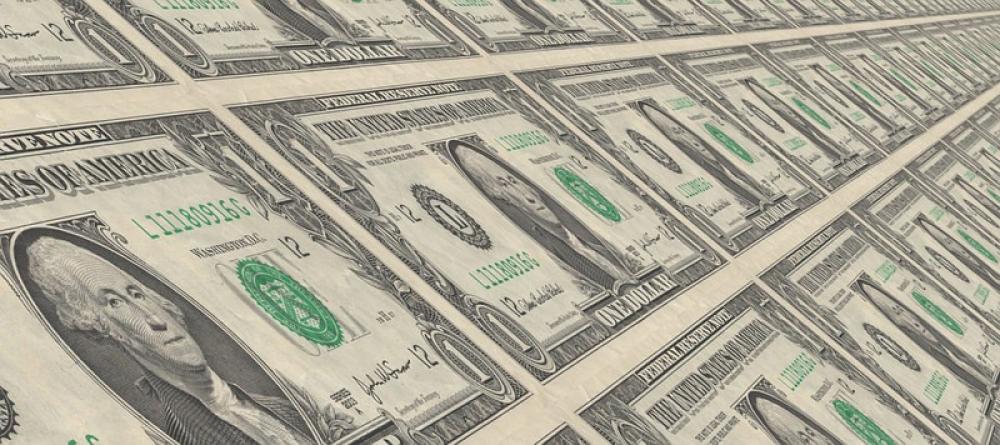Just Earth News | @justearthnews | 09 Apr 2023, 10:22 pm Print

Pixabay
Dhaka: Bangladesh's foreign exchange reserves reached 31.14 billion U.S. dollars by the end of March, the lowest since December 2016, showed the latest central bank data.
Bangladesh Bank (BB) data showed the country's foreign exchange reserves stood at 31,142.72 million dollars in March from 32,333.71 million dollars in February.
This is the lowest level of forex reserves Bangladesh has held since December 2016 when the country's foreign exchange reserves crossed the 32 billion dollars mark for the first time, an official of the bank's Forex Reserve and Treasury Management Department said on condition of anonymity Sunday.
The official said reserves slumped to a six-year low amid soaring import costs due to the Ukraine crisis that has dealt a major shock to commodity markets worldwide.
Forex reserves equivalent to six months' import bills are considered adequate for a growing economy like Bangladesh.
With the existing reserves, however, central bank officials said Bangladesh is in a position to pay around five months' import bills.
Bangladesh's foreign exchange reserves hit an all-time high of 48 billion dollars in August 2021.
In a bid to boost shrinking forex reserves, the Bangladeshi government since last year has taken various measures, including relaxed rules, to woo more remittances from millions of Bangladeshi people living and working abroad.
As part of its measures to ease the strain on forex reserves, Bangladesh Bank has already paved the way for commercial banks in the country to maintain correspondent accounts in yuan, the Chinese currency, to facilitate cross-border trade based on the Chinese currency.
- Coding at risk? Anthropic CEO Dario Amodei says human-centric roles may last longer
- Amazon’s mega office in Bengaluru is here. See all details
- Why is Nissan recalling 640000 vehicles? Check all details
- Microsoft appoints Asha Sharma as Gaming CEO. Who is she?
- Is your screen job about to vanish? Top AI expert warns that the shift has already begun





-1763561110.jpg)
